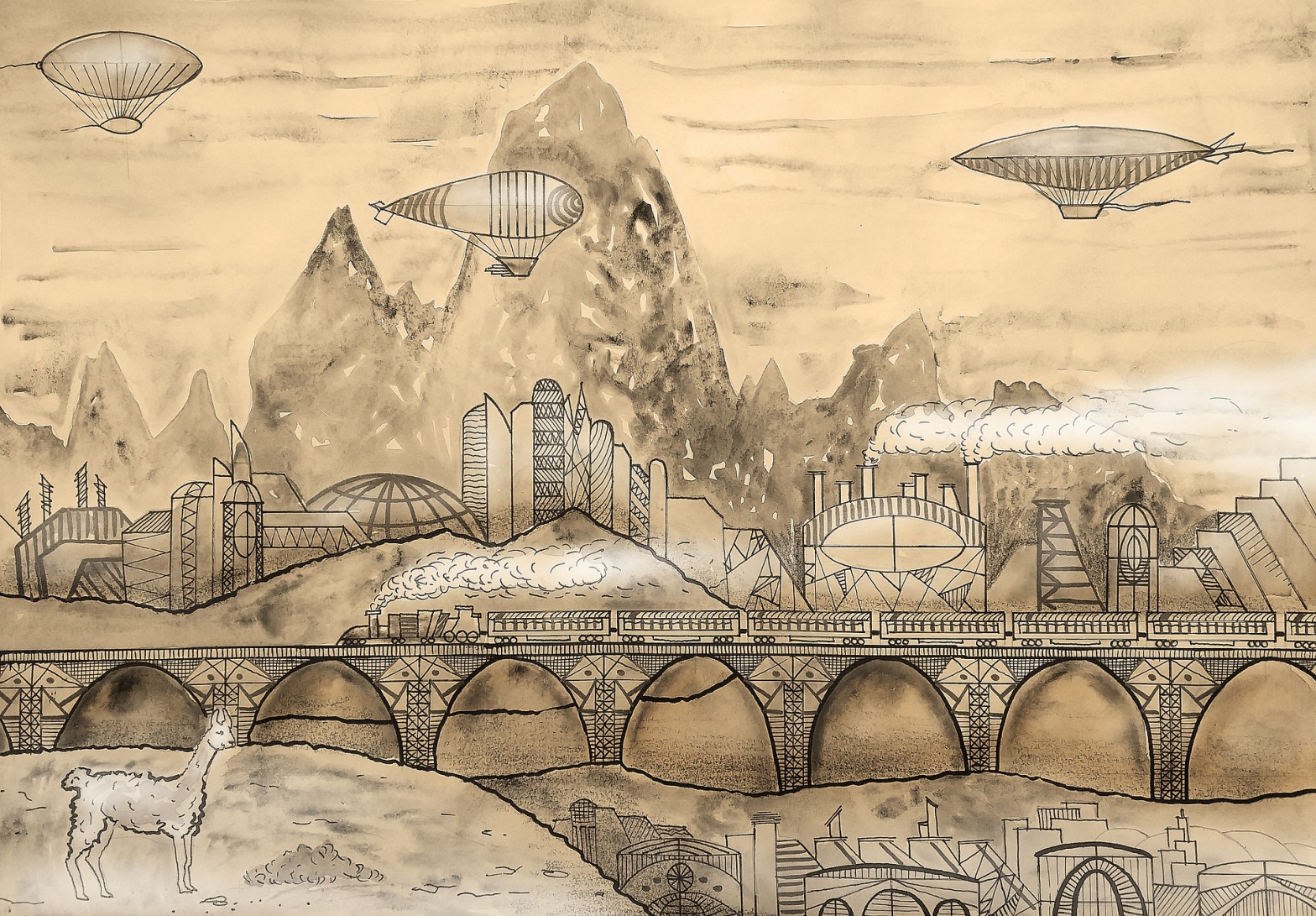This is a list of things I currently believe about the future and how I think it will come about. Part (1) will be familiar to anyone who’s read “Superforecasting”, part (2) is about shapes of progress and speculative mostly insofar as I’m assigning different shapes of progress to certain developments. The concrete predictions inContinueContinue reading “The world in 2030 – some assumptions”
Category Archives: Futures & Science
The world of work in 2040 (project)
I am doing a 10 day project on the future of work. Below are some starting thoughts to kick me off, as well as the questions I intend to ponder over the next few days. Since I am not an expert in the area, your input is highly likely to make the project much better,ContinueContinue reading “The world of work in 2040 (project)”
What happens when we think of humanity as a single person?
I was prompted to do so when reading Toby Ord’s “The Precipice”. In illustrating the case for why ensuring humanity’s survival is a good thing and might be our (this generation’s) moral duty, he abundantly uses the image of humanity still being in “its adolescence”. For example, he writes: “Like an adolescent, we are rapidlyContinueContinue reading “What happens when we think of humanity as a single person?”
Brexit and Coronavirus
I really hope that this is just a thought experiment of me randomly combining the two most annoying things on the news these days. It still seems useful to open up a conversation on this. My question: Could Brexit and COVID-19 interact to cause infrastructure failure (or otherwise affect supply chains in ways we reallyContinueContinue reading “Brexit and Coronavirus”
Is Resilience a Paradigm?
My take on the decade-old discussion of what a paradigm is, and why that’s important (or not) to current debates in risk and disaster reduction.
Increase resilience to Global Catastrophic Risks? Or avoid them altogether?
After recently learning about two different paradigms (“risk” and “resilience”) for approaching threats, I am formulating my first thoughts on when we should use one, and when the other way of thinking.
Learning to ask action-relevant questions.
This is the first of several research skills I wish I’d known about before doing research myself. I hope this post will help others to not struggle in the same way!
Scalable Randomness
I’ve recently been reading “The Black Swan” (by Nassim Nicholas Taleb) and “How to Predict Everything” (by William Poundstone), and was stunned by their overlap. Granted, interleaving your reading is probably not the best way to steer clear of confusion, but I would literally read a section on Zipf’s law in bed before sleeping toContinueContinue reading “Scalable Randomness”
How good are we at predicting the future?
After getting a bit lost in the question of whether we should in principle be able to have a clue about future ramifications of our actions, I would like to turn back to questions of how well we’re actually doing so far. It looks like, for long-term projections, we are indeed pretty clueless. This document,ContinueContinue reading “How good are we at predicting the future?”
Are we really utterly clueless?
Today, I am looking at whether the future is unknowable.









